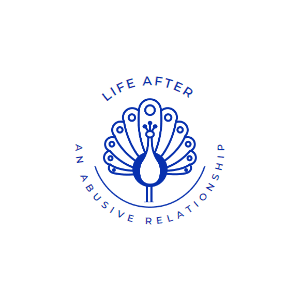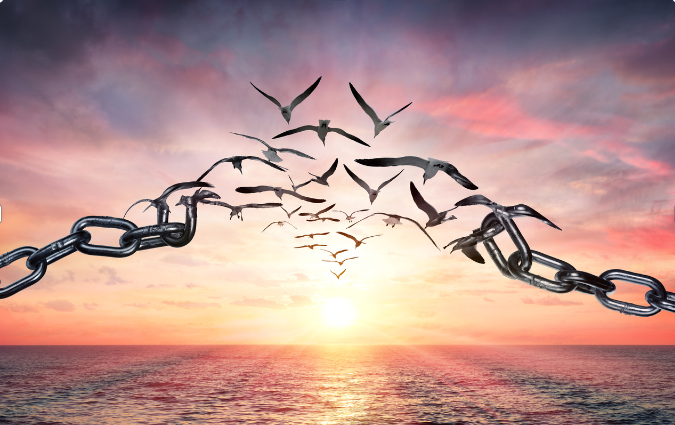Are you in a relationship with someone who's controlling and abusive?
If you're thinking of leaving them, here are 8 things you need to know.
1. Controlling abusers will still try to control you after the relationship ends
Even if they initiate the breakup, relinquishing control can feel like a loss of power to an abuser. So they keep up their controlling behaviours after separation to assert dominance, validate their own self-worth, and keep their victim dependent on them. Life, relationships and separations are a zero-sum game to abusers, where they have to win and the other person has to lose.
2. They'll do anything to control their image
Abusers often care deeply about how others perceive them. They might spread rumours about you, portray themselves as the victim, or even try to discredit your claims of abuse. Be prepared for this and consider confiding in trusted friends or family about the situation to counteract any misinformation.
3. They'll try to manipulate you
Manipulation can take many forms, from guilt-tripping to making false promises of change. Remember the patterns from the past and stay firm. Surround yourself with supportive people who can help you recognize and resist these manipulative tactics.
4. Expect financial shenanigans
Financial abuse is a common tactic of controlling partners. Secure your financial assets, monitor your credit report, and be wary of any unexpected financial changes.
5. Technology can be used against you
An abuser might monitor your online activities, use GPS to track your location, or even install spyware on your devices. So, be careful about sharing personal information online, change all your passwords, security questions and backup email addresses and phone numbers. Maybe get a new phone or email address. Familiarize yourself with privacy settings on social media platforms and be wary of unsolicited messages or friend requests.
6. Stay vigilant about physical safety
The period immediately after leaving can be particularly dangerous. Abusers might resort to threats, stalking, or physical violence in an attempt to regain control. Develop a safety plan, inform local authorities if necessary, and consider seeking a restraining order to protect yourself.
7. Secure everything that's important to you
This doesn't just include taking your passports, birth certificates, copies of documents, etc. If you have anything with significant emotional value, take it with you when you leave.
8. If you have children, expect the abuser to use them as pawns
Always prioritize your children's emotional and physical well-being, and make sure they have a safe and supportive environment to navigate the changes ahead.
Leaving a controlling and abusive relationship is an act of immense courage and self-preservation.
While the journey ahead will be challenging, it's essential to remember that you deserve a life free from manipulation, fear, and harm.

